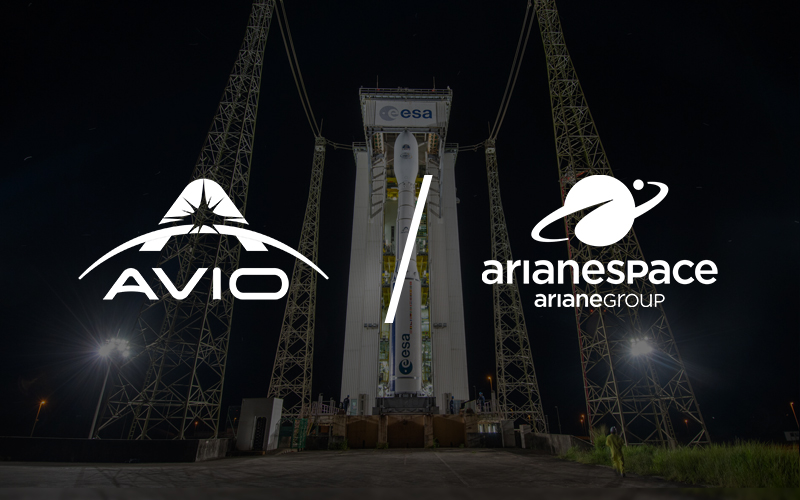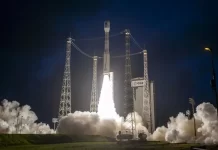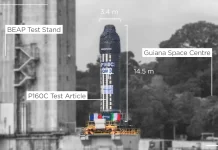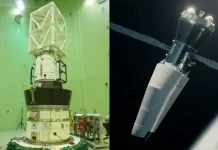
The European Space Agency has been asked to mediate the ongoing negotiations to transfer the operational responsibility of Vega C from Arianespace to its manufacturer, Avio.
In November 2023, at the Space Summit in Seville, ESA member states agreed on a resolution that would allow Avio to market and manage Vega C missions independently of Arianespace. Following that decision, the two parties entered into discussions to negotiate how the management of 17 flights currently slated to be launched aboard Vega rockets would be transferred to Avio. Over six months after those discussions began, a deal is yet to be reached.
The resolution agreed in Seville in 2023 included a clause that outlined ESA’s availability to mediate the negotiations should one or both parties feel it necessary. During a media briefing following ESA’s 327th council meeting, Director General Josef Aschbacher revealed that the agency had been asked “by one of the two companies” to step in and help finalize the negotiations.
Following this request, ESA officials have held several meetings with both parties over the last three weeks. As a result of these discussions, DG Aschbacher shared that the “conditions for the transfer of Vega C from Arianespace to Avio are clear.” However, he also admitted that there are still “open items” that need to be resolved and that it is still “up to the two companies.”
While a resolution to conclude the negotiations had been on the agenda during the 327th ESA council meeting, continued negotiations have promoted ESA to schedule an “extraordinary meeting” toward the end of next week to conclude the process.
Vega C remains grounded
As Avio and Arianespace finalize divorce terms, the Italian rocket builder is still working towards returning Vega C to flight following a December 2022 failure.
After a failed static fire test in June 2023 that was supposed to recertify the rocket’s Zefiro 40 second stage, Avio was forced to redesign the stage’s nozzle before once again heading to the test stand. Earlier this year, the company announced that the redesign had been completed, and in late May, Avio conducted the first of two static fire tests required to recertify the stage fit for flight.
The second Zefiro 40 static fire test is currently expected to take place in October. Once that is complete, Avio hopes to complete the rocket’s first flight with the redesigned stage before the end of 2024.
In addition to working through issues with Vega C, Avio is also troubleshooting Vega’s final flight. The flight had been expected to take place earlier this year. However, after the company lost two of the four propellant tanks for the rocket’s upper stage, it was forced to look for alternatives for components that it no longer manufactures. The exact status of the final Vega flight is not known, but Avio has stated that the launch is scheduled to take place in the third quarter of 2024.




